Punching the Air is one of the few books I liked this year
This book composed on short vignettes grabbed my attention
This book made me see and understand difficult things that other forms of media haven’t done as good of a job at.
Punching the Air opens with the main character, Amal Shahid, being convicted for a crime that he didn’t commit when he was 16.
Authors Ibi Zoboi and Yusuf Salaam passionately write about the ways Amal is treated differently because of his skin color. These characters assume the worst possible intentions when he does normal things — wearing a black hoodie and other ordinary habits. When Amal counts on his fingers, people assume that he is throwing gang signs.
All just because of his skin color.
I honestly don’t read much or like to read all that often. This book grabbed my attention because each chapter was structured like vignettes and each vignette told a different story of Amal’s life. This book was written well, and I enjoyed it.
Both of the authors have a great way with words. Their use of figurative language in the stanzas and throughout the book is effective and purposeful.
While Amal was in juvenile detention, Umi, his mother, would go and visit him because she was worried about him, and she wanted to know how he was doing. Most of the times when she would visit him, he would not want to go and see her because he felt so bad about what he did.
Punching the Air does a good job showing how close Amal is to Umi and his other family members — how this whole situation impacts them and how racial bias has created issues in all of their lives.
After Amal was accused of brutally beating up a kid about the same age as him for no reason, he was sent to court. During the court case, people that actually knew Amal showed up and wanted to help and defend him, but the judge didn’t want to hear from the supporters. The judge didn’t want to believe the “excuses” they gave.
This book shows the cruel reality of the justice system and how messed up it is today. While in the courtroom, Amal remembers the struggles his mom went through, all so he would behave and grow up with a good amount of opportunity in his adulthood, despite being raised in a rough environment.
Punching the Air depicts Amal through his days in juvie and how his time there impacted him. He feels terrible when his mother goes to visit him – she knows how much hope and trust she had. Now he doesn’t want her to see his face. He feels guilty knowing that he has caused so much trouble, that he hasn’t shown his mother the gratitude for all she sacrificed for him.
During his time in juvie, Amal begins to write more poetically. His writing begins to speak for him in a unique way. Although it’s hard for him to find people to trust, he begins to create bonds with someone named Kadon.
Kadon and Amal begin to sing and create beats out of what they can find in their cells. However, obstacles (metal bars, guards, etc.) make it really hard for them to find things to make music with. This limits their creativity.
Not only does Amal begin to create bonds with people inside, he starts to write to this girl named Zenobia. Zenobia and Amal know of one another, but they don’t actually know each other. They begin to write back and forth.
I would give Punching the Air an 8/10.
This was a recommendation from my English teacher, and I would recommend it for anyone looking for a powerful read.
Your donation will support the student journalists of Mead High School. Your contribution will allow us to purchase equipment and cover our annual website hosting costs.

Raul Mares is a sophomore. It's his second year on The Mav. He's looking forward to writing a lot of great and interesting pieces for others to read and enjoy.

Dylan Morales is a Senior. He enjoys snowboarding when it's cold, skateboarding when it's warm, and taking pictures when he travels. He is involved with Student Council and is looking forward to capturing the moments we will never forget this year.

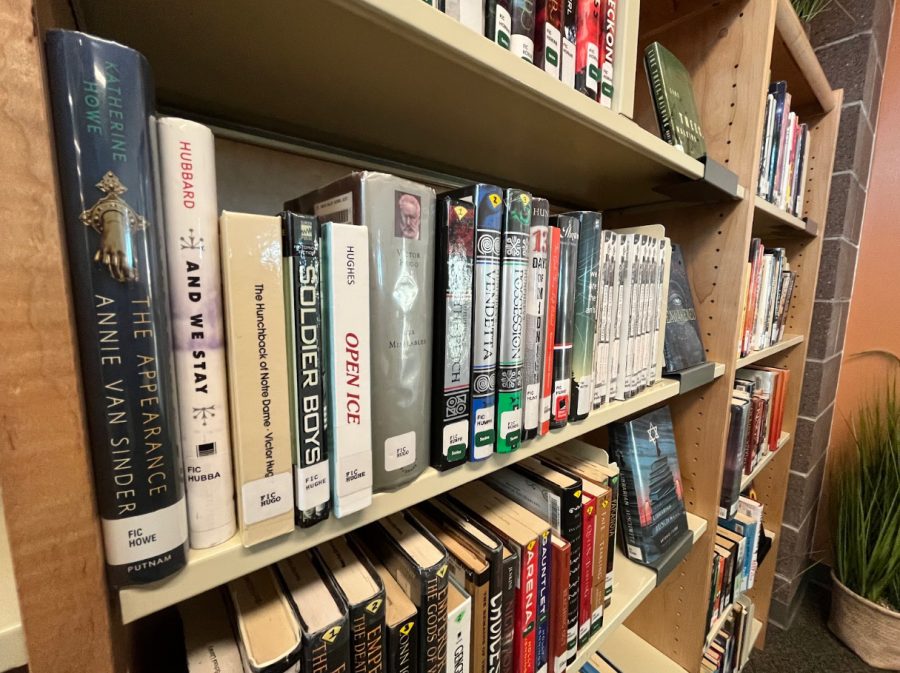


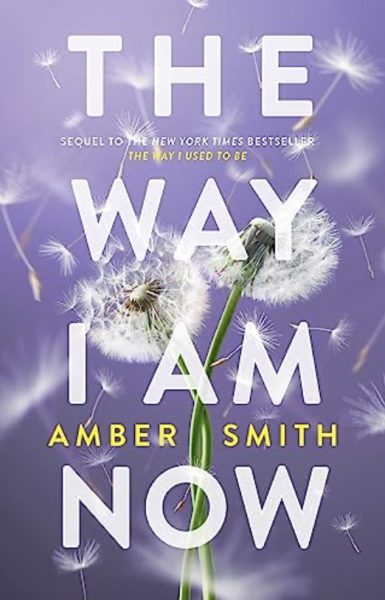

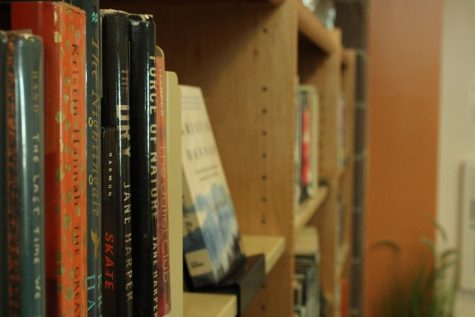

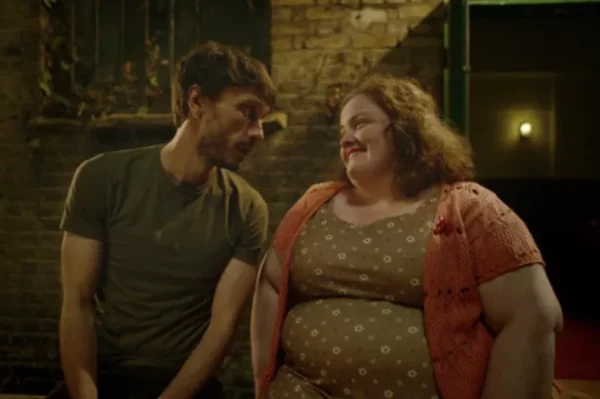



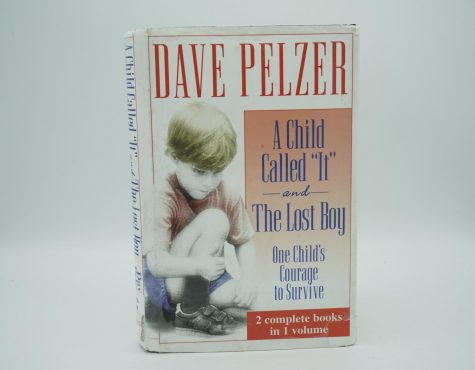

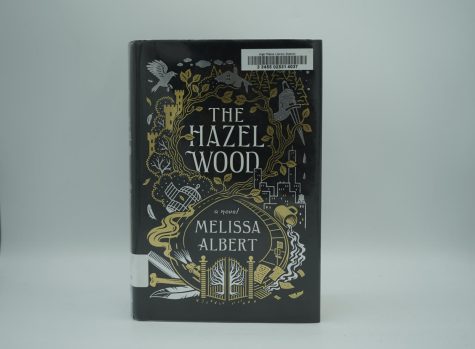
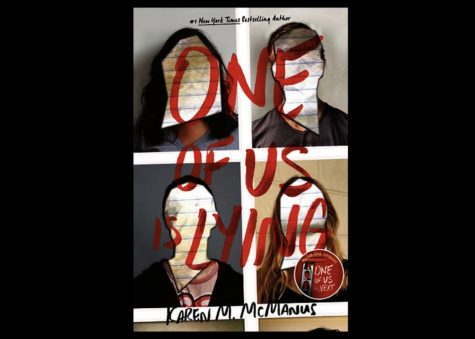

Ms. Long • Feb 24, 2023 at 10:50 am
Thank you for your detailed review. I’m going to put this on my to read list. It sounds really powerful. I’m glad you were able to find a book that spoke to you.
Alaina Metivier • Apr 26, 2023 at 9:36 am
I’m putting it on my list, too!